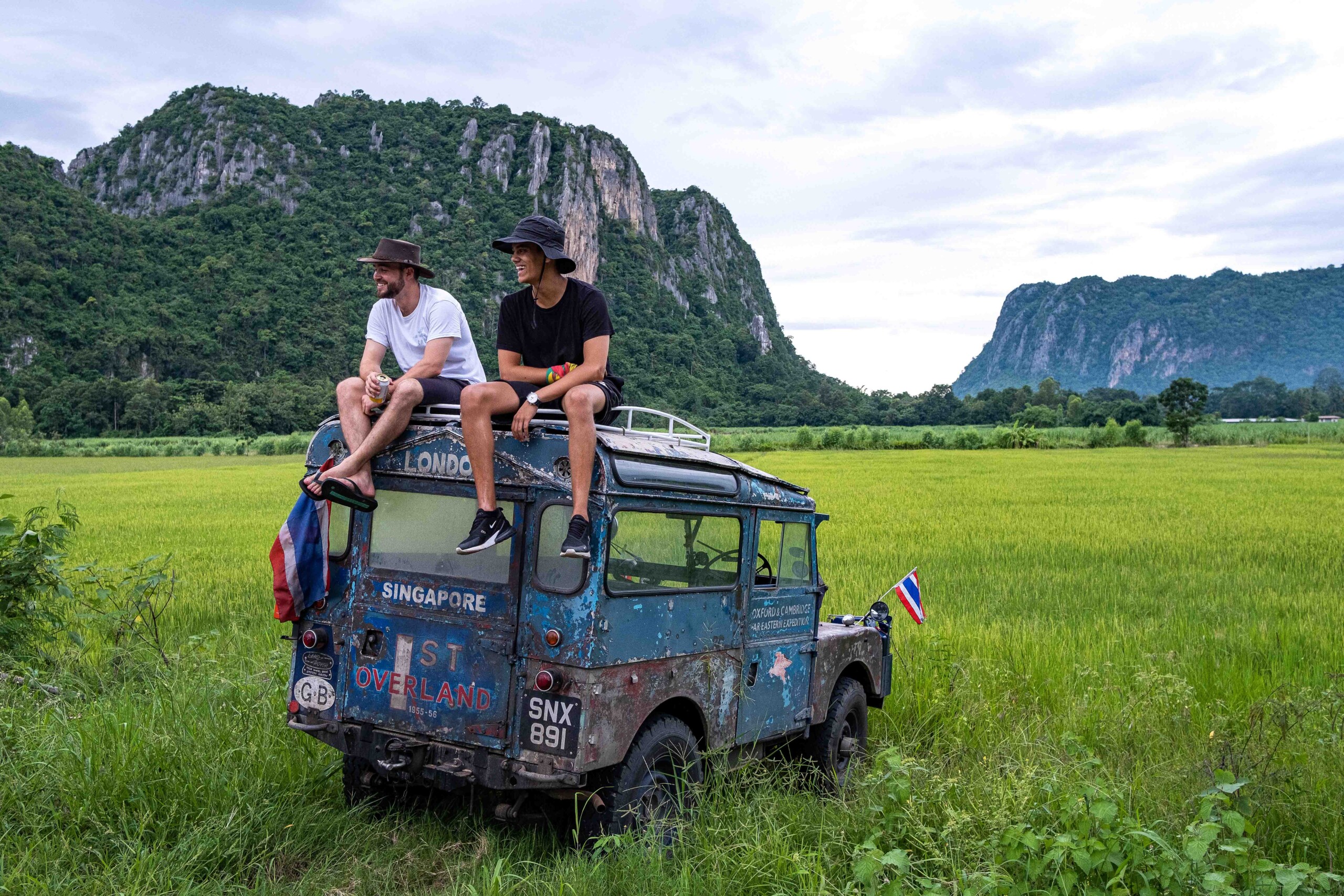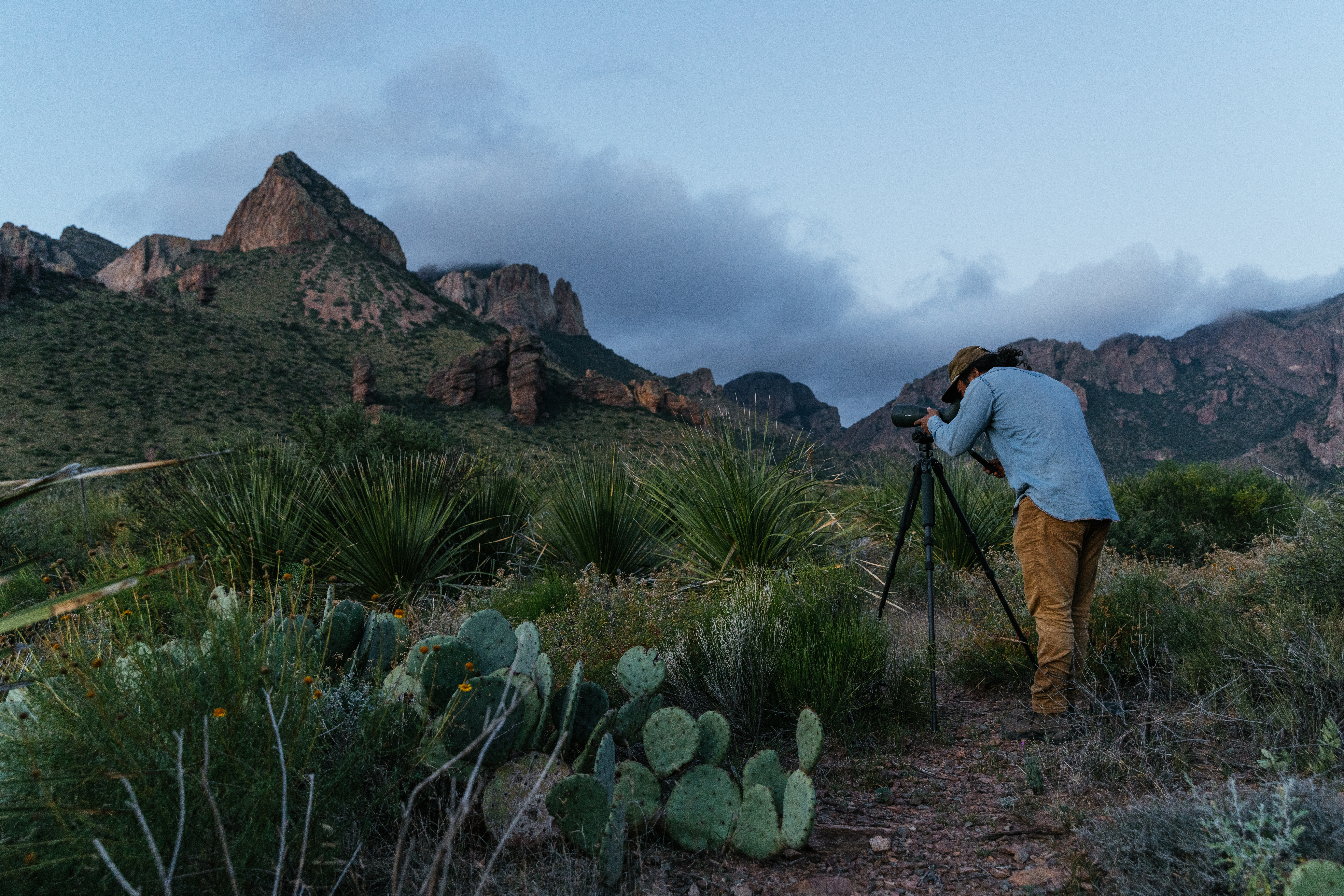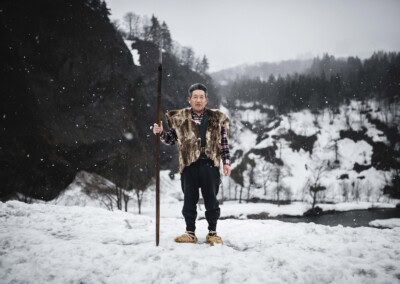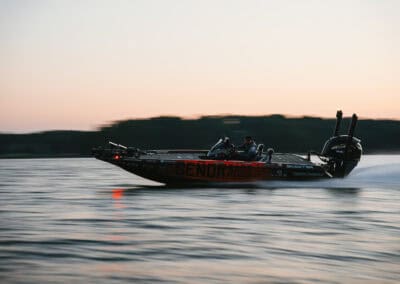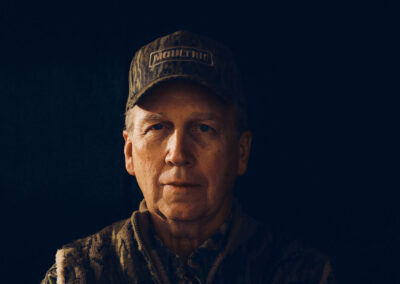Your cart is empty
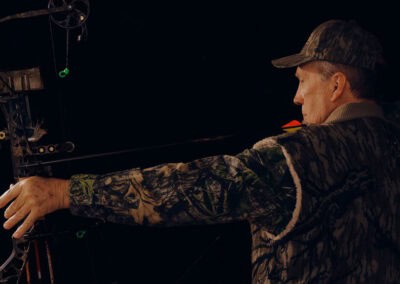
A WALK IN THE WOODS WITH DAN MOULTRIE
A man of many good deeds, he’ll be the last to boast about them. This humility is somewhat at odds with the Dan Moultrie in front of a camera marketing a new deer feeder, the Dan Moultrie sitting proudly beside a lifetime buck, or the Dan Moultrie who has appeared on television shows with legendary football coaches or outdoor celebrities.
